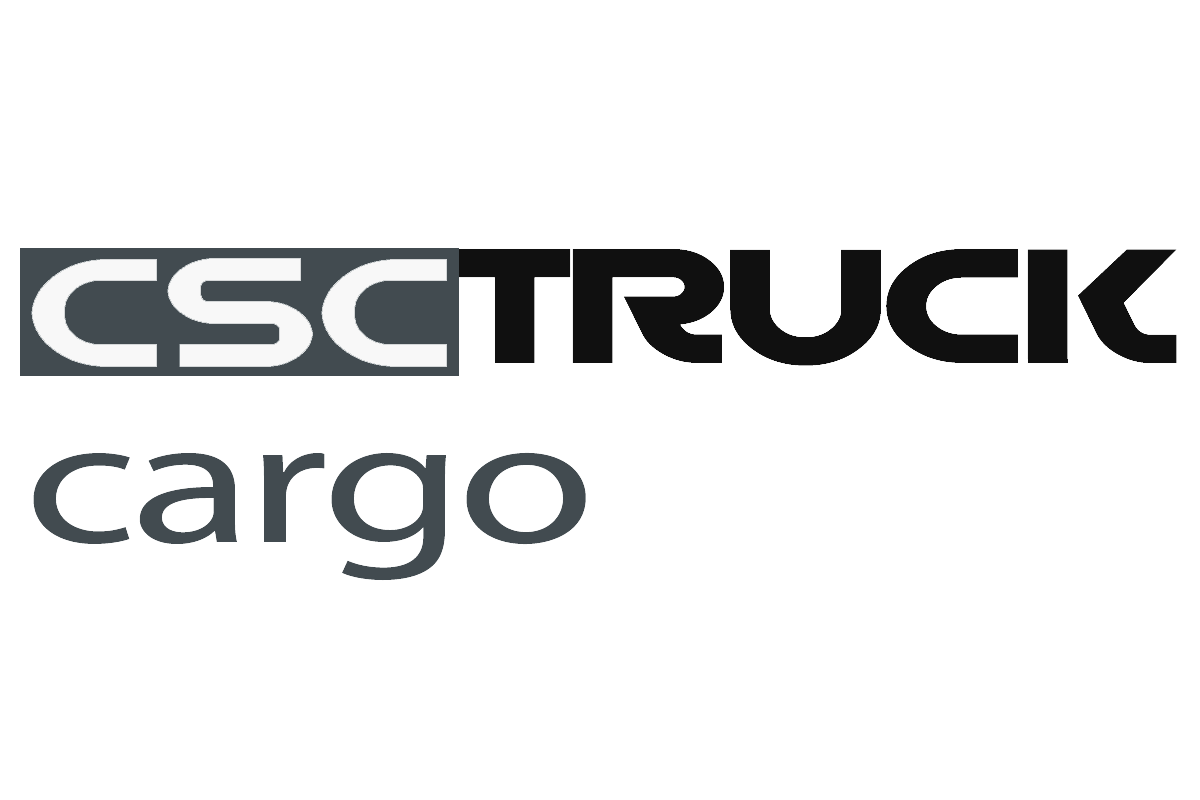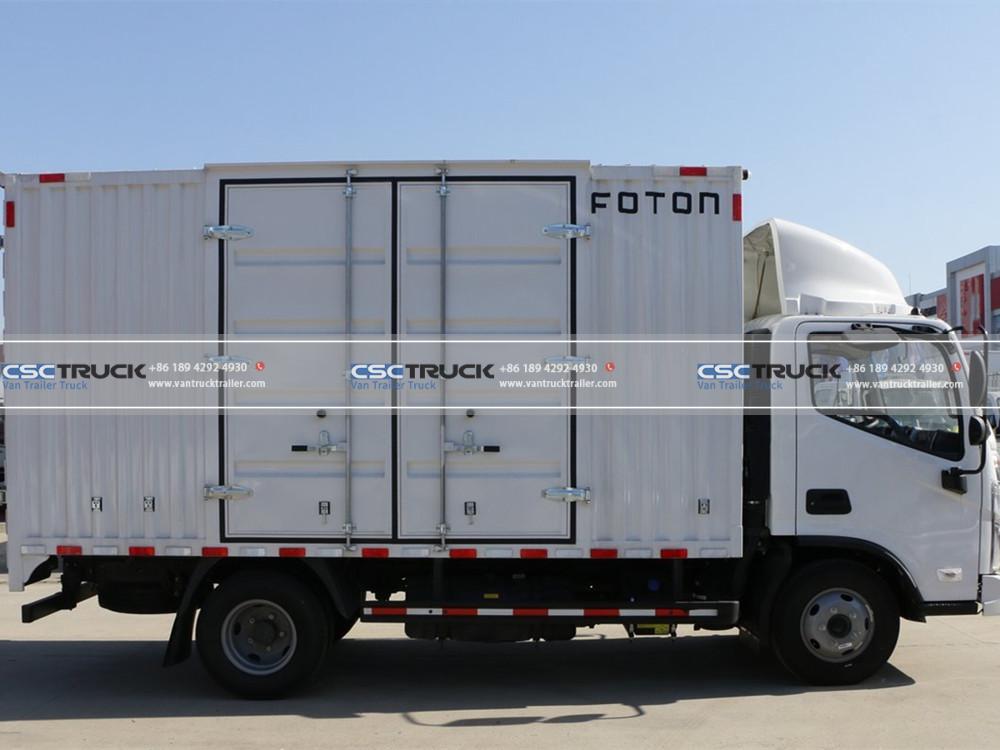1. Addressing West Africa’s Freight Challenges: Strategic Deployment of Dry Van Fleet
Nigeria has taken a transformative leap in regional trade efficiency with the delivery of 50 advanced dry van trucks, engineered to streamline freight operations across West Africa’s rapidly growing corridors. Commissioned by the Nigerian Shippers’ Council and distributed to logistics hubs in Lagos, Kano, and Port Harcourt, these vehicles aim to reduce cargo damage rates, accelerate delivery timelines, and lower transportation costs for goods ranging from textiles to electronics.
The trucks will primarily service the Lagos-Abidjan and Trans-Sahelian Highway routes, critical arteries for intra-regional trade. This initiative aligns with the Economic Community of West African States (ECOWAS) 2024–2030 Trade Facilitation Plan, targeting a 30% reduction in border-crossing delays through standardized cargo documentation systems embedded in each vehicle. The deployment coincides with Nigeria’s newly ratified National Freight Policy, which prioritizes axle-load optimization to minimize road wear—a key feature of these lightweight, aluminum-body trucks.
2. Engineering Innovations: Durability Meets Adaptability in Harsh Conditions
Designed for West Africa’s tropical climate and rugged terrain, the dry van trucks incorporate humidity-controlled cargo bays with airtight seals, preventing moisture damage to sensitive goods during the seven-month rainy season. Reinforced suspension systems and all-terrain tires enable reliable operation on poorly maintained roads, which account for 65% of inland routes in the region.
2.1 Modular Design: Bridging Gaps Between Dry and Refrigerated Truck Networks
A standout feature is the trucks’ cross-compatibility with Nigeria’s existing refrigerated truck fleets, allowing seamless transfer of perishable goods to climate-controlled units at interchange hubs. During trials in Ibadan, exporters reduced post-harvest losses by 18% by using dry vans for initial farm-to-depot transport before shifting produce to refrigerated trucks for international export.
The vehicles also feature solar-powered GPS tracking and blockchain-enabled cargo manifests, which automatically sync with customs platforms at border checkpoints. This integration eliminates manual paperwork delays that previously added 6–9 hours to cross-border journeys, setting a new standard for transparency in regional logistics.
3. Catalyzing Regional Trade Growth and Sustainable Practices
The fleet’s introduction marks a pivotal shift toward decarbonizing Nigeria’s freight sector, with hybrid engines reducing diesel consumption by 40% compared to older models. Partners like Dangote Industries and the African Export-Import Bank have already integrated the trucks into their operations, citing a 22% improvement in on-time delivery rates for construction materials bound for Ghana and Niger.
Regional collaborations are expanding, with Benin and Togo negotiating access to the fleet under the ECOWAS Inter-State Road Transit Scheme. Meanwhile, the Nigerian Automotive Design Council plans to train 1,200 technicians by 2026 on maintaining the trucks’ AI-driven diagnostic systems—a skillset critical for sustaining the fleet’s 15-year operational lifespan. As e-commerce surges across West Africa, these dry vans provide the scalable backbone needed to support a projected 200% increase in intra-regional trade volumes by 2030.
With charging stations now operational along the Abuja-Lome corridor, Nigeria’s investment in modern freight technology signals a broader ambition: to position itself as the logistics gateway for West Africa. By harmonizing durability, digital innovation, and cross-border cooperation, these dry van trucks exemplify how infrastructure modernization can drive both economic growth and regional integration in emerging markets.

